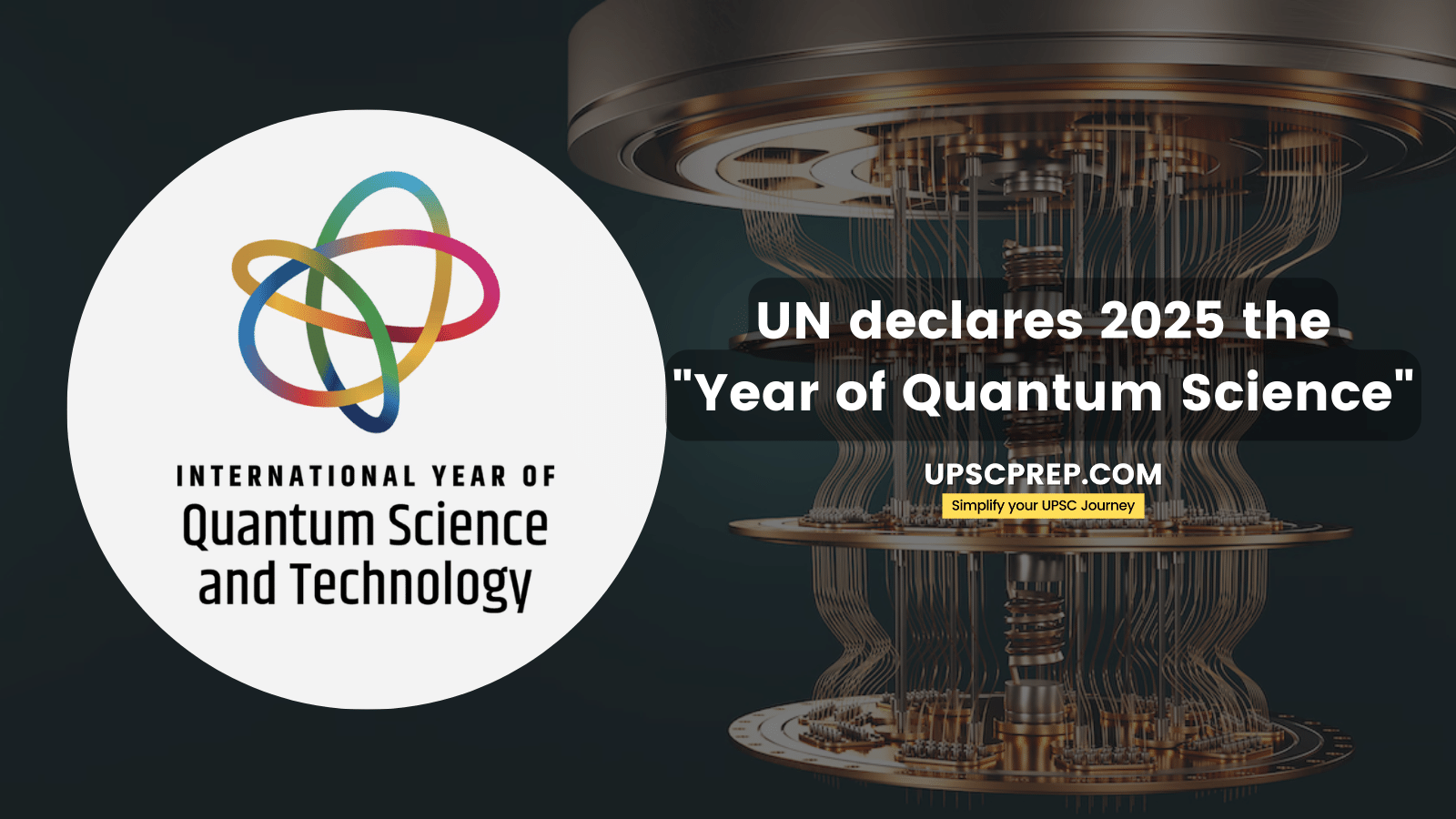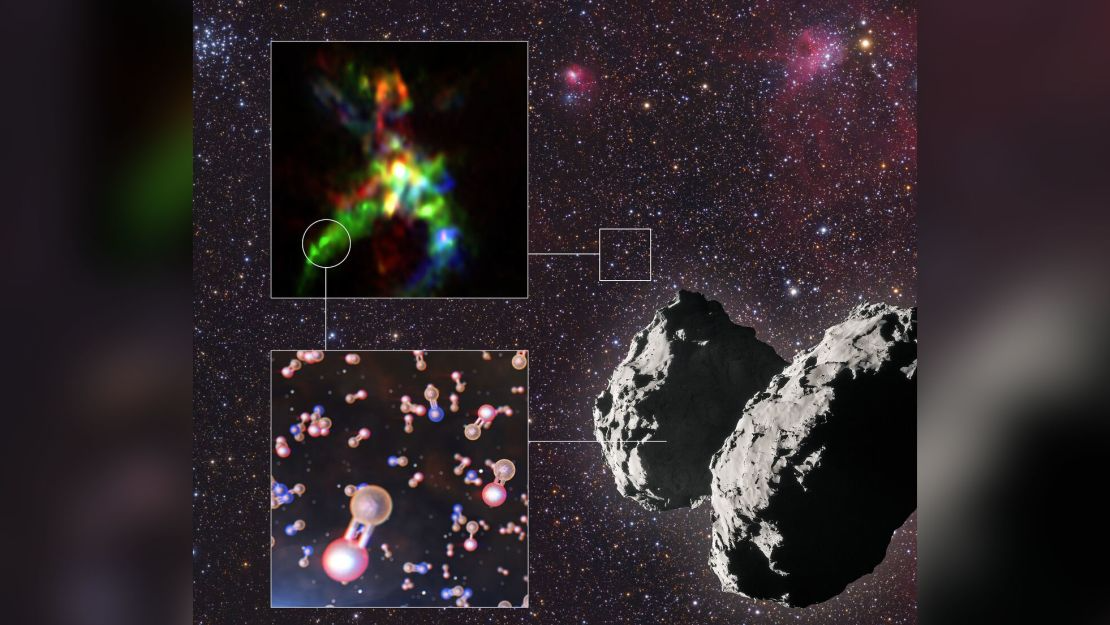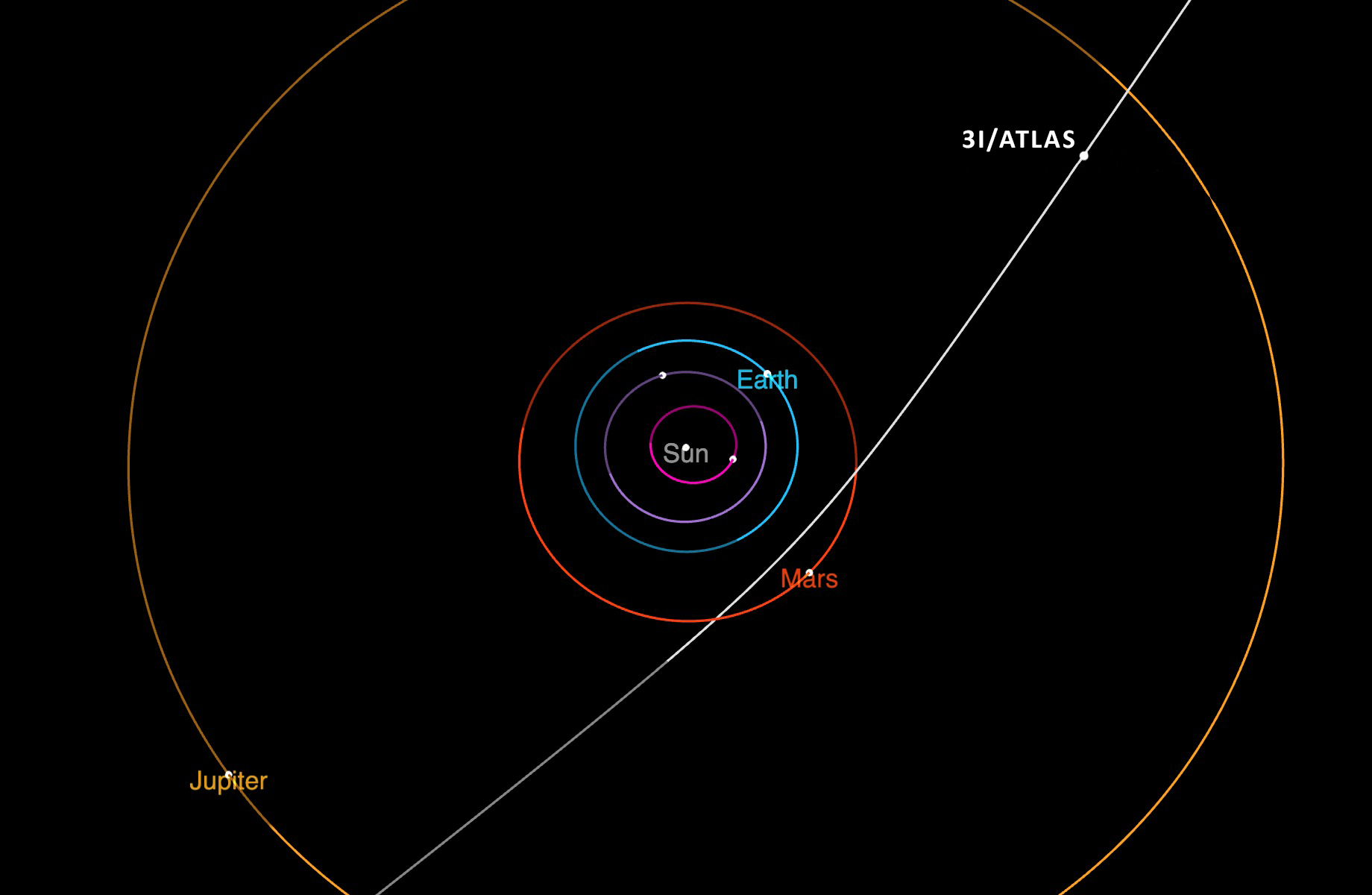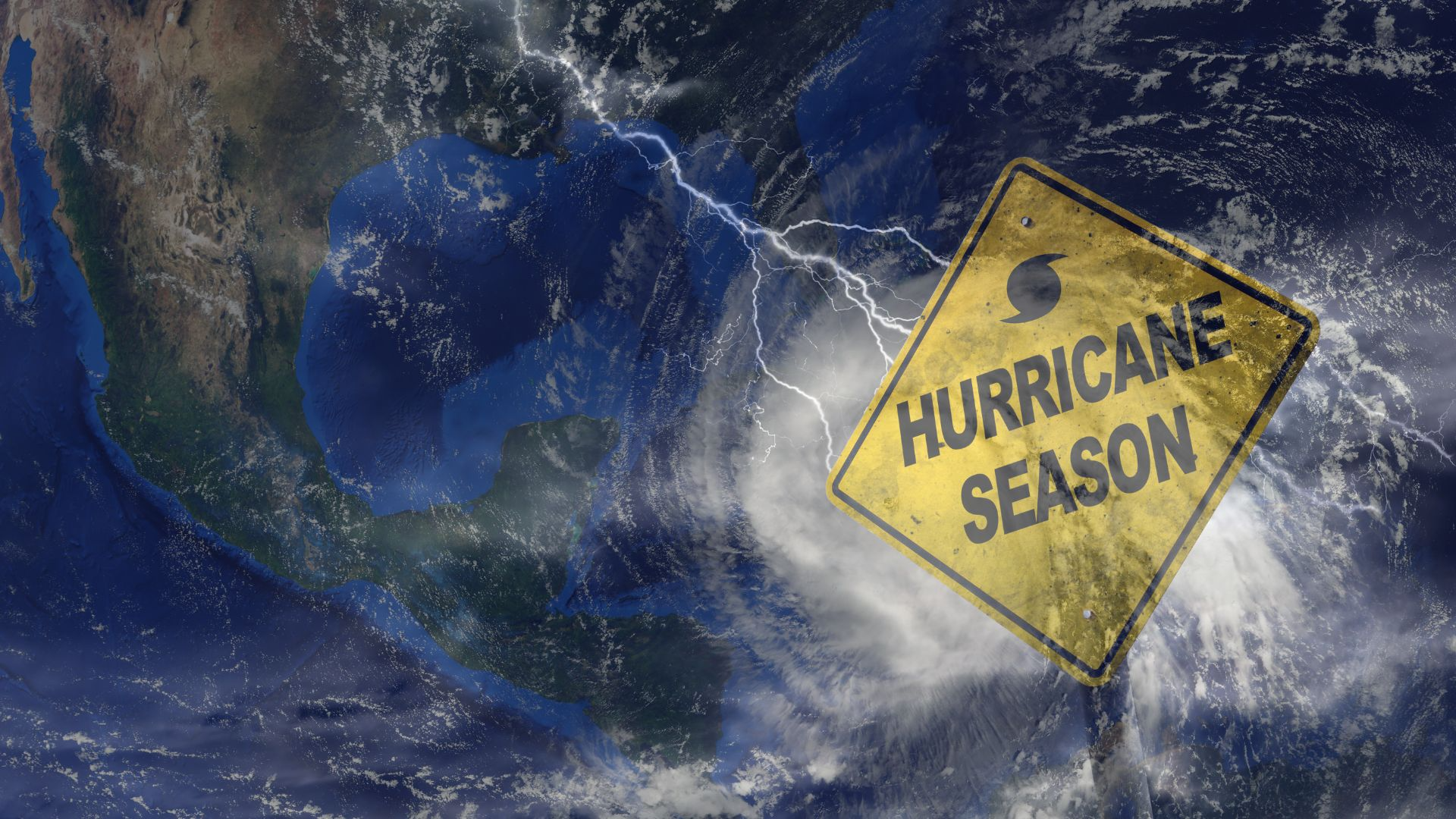
UN Declares 2025 the Year of Quantum Technology A New Era for Science and Global Cooperation
In a groundbreaking move that signals the arrival of a new technological epoch, the United Nations has officially declared 2025 as the “International Year of Quantum Technology.” This landmark decision, adopted by consensus during a recent General Assembly session, reflects the growing global recognition of quantum science’s potential to transform industries, revolutionize communication, and reshape geopolitics. The proclamation marks a decisive moment in the 21st century’s scientific journey, positioning quantum technologies at the forefront of international collaboration, policy formulation, and investment planning. More than a symbolic gesture, the UN’s declaration is a rallying cry for nations to responsibly harness the immense power that quantum innovation promises.
Quantum technology, long viewed as the domain of esoteric physicists and niche research laboratories, has matured rapidly over the last decade. From quantum computing and quantum communication to quantum sensing and cryptography, advancements have moved from theory to early stage real world applications. Governments and corporations alike are racing to stake their claims in this new frontier, which experts believe could be as transformational as electricity or the internet. The UN’s designation of 2025 as a global year of observance intends not only to encourage responsible research but also to ensure equitable access and ethical considerations are central to its development. In doing so, the UN aims to prevent a technological divide reminiscent of past industrial revolutions.
The resolution, which was co sponsored by over 40 countries including the United States, China, Germany, India, and Brazil, underscores the cross cutting nature of quantum tech and its relevance across disciplines. While some countries are already home to national quantum initiatives with multi billion dollar budgets, others are still building foundational capacity. The UN initiative aims to level the playing field through enhanced international cooperation, educational outreach, and open standards. It proposes the creation of global frameworks for responsible quantum research and data sharing while stressing the need for inclusivity. The UN’s Educational, Scientific and Cultural Organization (UNESCO) will coordinate with the International Telecommunication Union (ITU) and the World Intellectual Property Organization (WIPO) to lead year long programs and initiatives.
One of the focal points of 2025 will be educating the next generation of quantum scientists and engineers. The UN plans to partner with universities and research institutions to launch open access digital learning platforms, scholarships, and exchange programs. Countries with established quantum ecosystems are being encouraged to support training and mentorship initiatives for students from developing nations. The hope is to avoid a repeat of past patterns where technological booms disproportionately benefited a few powerful nations while leaving others behind. Furthermore, there will be a strong emphasis on gender equality and diversity in science, ensuring that the quantum revolution reflects a truly global and inclusive effort.
Cybersecurity and privacy are also core concerns embedded within the UN’s announcement. As quantum computers edge closer to breaching traditional encryption methods, there is rising urgency to develop “quantum safe” cryptography. Governments, banks, and defense agencies are already exploring quantum resistant algorithms to safeguard critical infrastructure. The UN’s 2025 programs will include policy roundtables, cybersecurity simulations, and multilateral agreements aimed at preventing quantum powered cyber threats. This approach reinforces the view that quantum technology is not just a scientific challenge, but also a matter of national security, economic stability, and civil rights.
Alongside its threats, quantum tech also offers promising solutions to some of humanity’s most pressing problems. Quantum simulations may soon help design new drugs, optimize energy grids, and model climate change scenarios with unprecedented precision. Quantum sensors could revolutionize agriculture, seismic monitoring, and even space exploration. In this light, the UN's declaration hopes to direct attention toward humanitarian and ecological applications of quantum technology. Special grants and awards will be allocated to research projects that aim to address the UN’s Sustainable Development Goals (SDGs), such as climate action, health, and clean water through quantum enabled innovation.
Economic competition is already intensifying in the quantum domain, with countries establishing national strategies and forming alliances like the EU Quantum Flagship, the U.S. National Quantum Initiative, and China's aggressive quantum infrastructure investments. The UN’s 2025 campaign is designed not to dilute this competition but to provide a neutral ground for collaborative governance. Just as nuclear non proliferation and climate treaties attempt to balance national interests with collective responsibility, a new quantum ethics framework may emerge out of this global observance year. This framework will likely explore issues like intellectual property rights, dual use technologies, quantum weaponization risks, and the geopolitics of algorithmic supremacy.
The road ahead is not without challenges. Quantum technology remains in its early stages, and many of its most ambitious promises have yet to materialize at scale. Critics argue that the hype may outpace actual breakthroughs, and that prioritizing quantum development could draw resources away from more immediately impactful technologies like AI or renewable energy. However, proponents contend that now is the time to build the global infrastructure, workforce, and governance needed to steward this nascent field. As 2025 approaches, there is growing momentum across industries, academic communities, and governments to ensure that the Year of Quantum Technology is not merely a ceremonial title but a catalyst for lasting change.
In conclusion, the UN’s declaration of 2025 as the International Year of Quantum Technology is more than just a nod to the scientific achievements of our time it is a bold commitment to shaping the future in a way that is inclusive, ethical, and collaborative. By placing quantum technology within the sphere of global policy and public discourse, the UN is ensuring that this revolutionary domain does not evolve in isolation but becomes a shared endeavor among nations. As the world stands on the brink of a new quantum era, 2025 may be remembered not just as a year of discovery, but as the year humanity took its first collective step into a deeper understanding of the universe and of itself.
Related Post
Popular News
Subscribe To Our Newsletter
No spam, notifications only about new products, updates.












